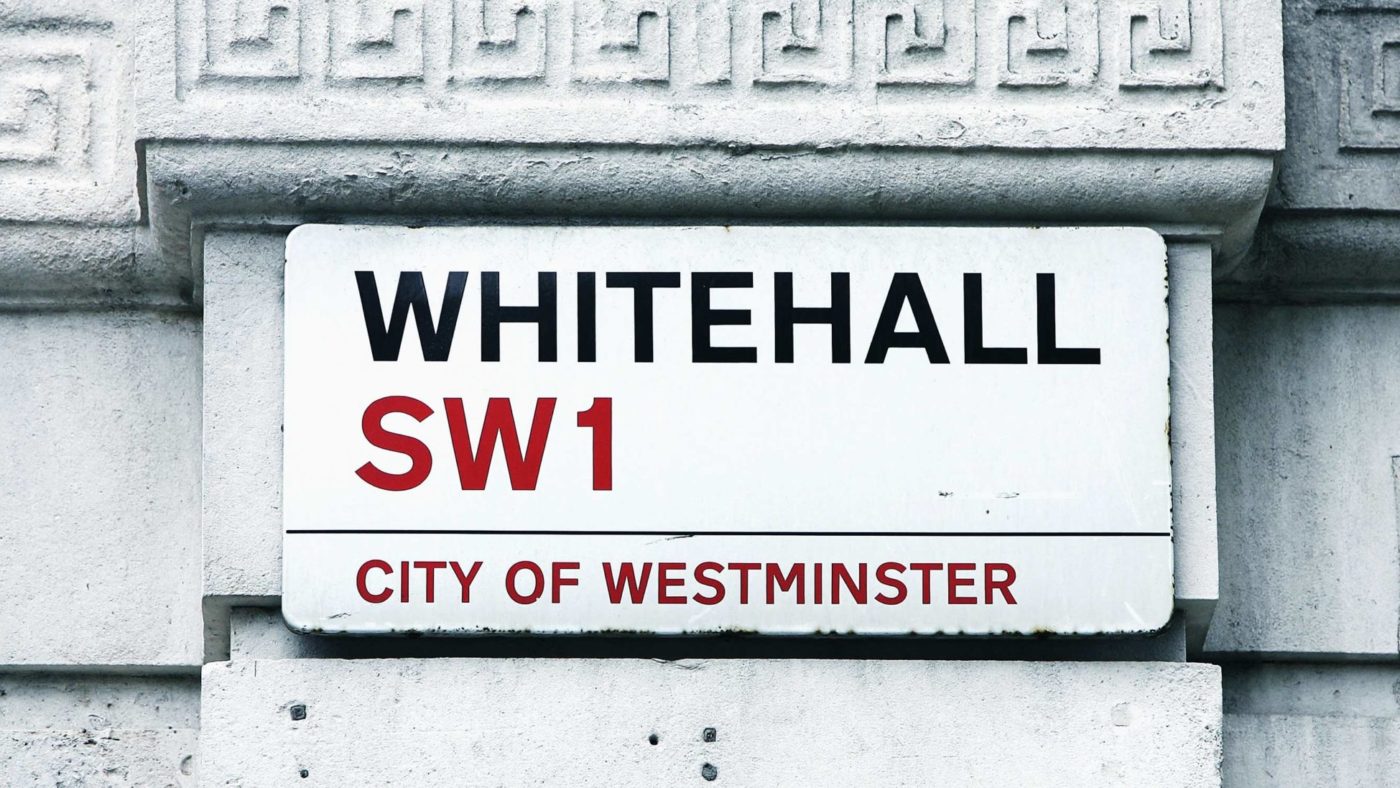A generation ago, as various nationalised industries were privatised, it quickly became apparent that they had been badly run for years. Once British Telecom was publicly-listed, it came to light that a large number of those old-style public pay phones didn’t work. Thames Water’s accounts showed that a large volume of the water in their network of pipes leaked away.
A new system of corporate governance, in other words, exposed a number of previous inadequacies. Brexit is having a similar effect, not on businesses in Britain, but on the way our country is run.
Already, the mere process of getting us out of the EU has exposed the most extraordinary deficiencies of those at the top. Look at the serially poor judgement shown by May and many of her ministers over the past two years; agreeing to a sequencing of the negotiations and then a backstop they should never have accepted.
This basic failure to think through the implications of what was in front of them has been matched by their willingness to defer to civil servants, many of whom clearly aren’t up to the task of making such decisions either.
It is sobering to think that those who have proved unequal to the task of getting us out of the EU are also in charge of all those other areas of public policy making. Surely you don’t imagine that their judgement is any better when it comes to running public services or deciding on our foreign policy priorities?
“The trouble is that those implementing Brexit don’t believe in it” some suggest. Yes. But perhaps what Brexit reveals is that they don’t believe in much at all.
There is not just a lack of vision and verve as to the opportunities that come with leaving the EU. When was the last time you heard a minister outline a really compelling vision of how we might achieve a better system of health care or education? Or how we might harness technological change to improve the human condition?
It wouldn’t be fair to blame our membership of the EU alone for all of the inadequacies of our political class — although being in a top down technocracy that tries to organise everything by official fiat has certainly encouraged political managerialism. For as long as anyone can remember, whichever party was in office, there have been only two basic types of public policy on offer.
First there are those measures politicians take that have the effect of restricting the supply of things. From housing to credit, nursery places or defence equipment the effect of much public administration is to reduce provision in some way, even if unintentionally.
The second type of public policy is the kind designed to then deal with the inevitable consequences of restricting supply in the first place, usually through some form of subsidised demand.
With not enough houses built, for example, schemes like Help to Buy offer cheap loans to first time buyers, without adding a single extra home to the nation’s housing stock. With firms unable to get loans, a state-backed bank gives out state-backed credit. With the cost of child care pushed sky high, ministers create schemes to subsidise places. With only a handful of contractors able to bid for procurement contracts, ever greater sums of public money are hosed on a handful of suppliers.
Beyond Brexit, this is going to have to change. Outside the EU, we will have to raise our game in all sorts of ways. Like those that ran nationalised industries discovered, there will no longer be a set of ready-made excuses for managerialism.
This is going to mean the replacement of many of those that aren’t up to the task of public administration. It also means changing the type of public administration, with policies that remove restrictions on supply, and render redundant the different forms of subsidised demand.
In a new fortnightly series for CapX, I will set out ideas in different areas where I think a future government might be able to do this in all sorts of different ways. Once we are outside the EU, many of the assumptions about public policy will be up for grabs.
For me, leaving the European Union has always been about change and being able to find new opportunities for our country. By exposing the shortcomings of our current political class, and emphasising the need for change, Brexit is in a way already working.
CapX depends on the generosity of its readers. If you value what we do, please consider making a donation.


